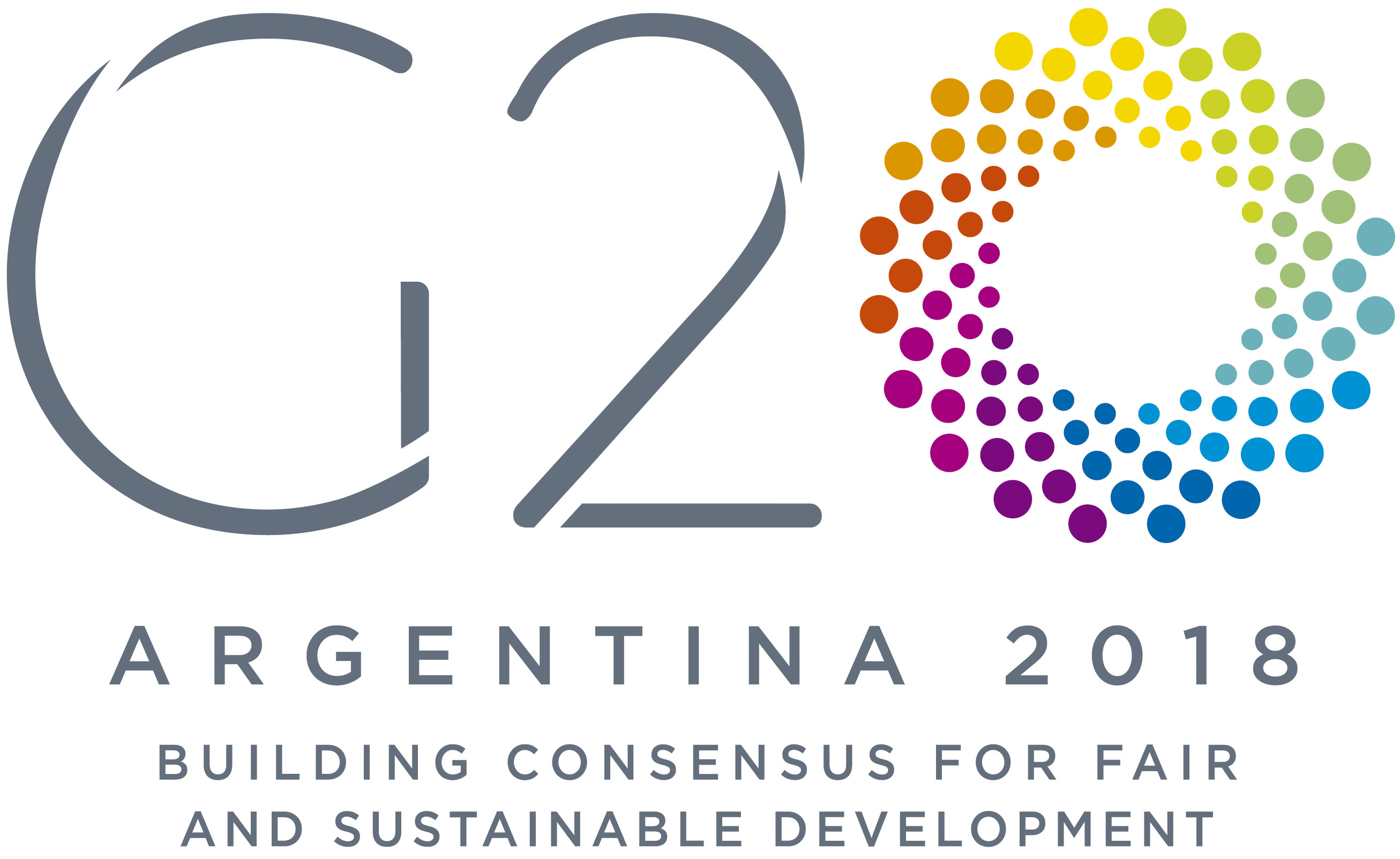Leaders of the world’s largest economic powers met in the most important annual event of the Group of Twenty (G20), the leading international forum for economic, financial and political cooperation. The 2018 G20 Summit, hosted in Buenos Aires on November 30th, highlighted the importance of global cooperation and assumed the G20 responsibility for the growth and stability of the world’s economy.
In this common space for dialogue, President Macri opened the plenary session claiming to build fairer and more inclusive societies by fostering policies that promote broad sharing of the benefits of the digital economy.
Telefónica wants to welcome G20 Leader´s Declaration called “Building consensus for fair and sustainable development” because efforts have been focused in an agenda that is human-centric, inclusive and forward-looking. Steps have been taken towards the commitment of society as a whole to provide a solution to the important challenges ahead.
As Telefónica contemplates in its “Manifesto for a New Digital Deal”, we all must call for a renewed focus on people and how their everyday lives are being impacted by technology changes.
The debate on how we can achieve human-centric digitalisation seems to be finally on the agenda of societies, companies and governments. The remarkable speed at which change is happening calls for global answers able to preserve not only humanity, but also social, economic and democratic institutions.
Most of the pillars that G20 Declaration highlighted are included in Telefónica´s proposal for this new digital age. In this sense, the first step for inclusiveness is to have infrastructure capable of connecting everyone. Thus, reforming current models to stimulate investments, deliver innovative ways to provide connectivity infrastructure and equip users with basic digital skills to benefit from them is essential in order not to leave anyone behind.
Another main public concern regarding digitalisation is the future of work and how the transition to this new economy is challenging individual, businesses and governments.
There is an urgent need to implement policies that reap the benefits of the future labour market. Governments and companies must help workers become prepared for this digital revolution by modernizing education systems, implementing reskilling corporate programs and by adapting taxation policies to the digital economy in order not to jeopardize our welfare system.
Other issues like support of a free flow of information, work to build consumer trust, data privacy, intellectual property rights protection or the importance of addressing issues of security in the use of ICTs have also been reaffirmed in the Leaders’ Declaration.
Digitalisation has left many public policies and legal frameworks outdated. Remaking policy making itself to create a new paradigm is needed to modernise our democracies for the digital age. But also, corporate leadership policies are required to achieve a sustainable an ethical development of this process.
It is encouraging and stimulating to confirm that the Group of Twenty has reinforced its compromise to make digitalisation a new opportunity for human progress.







